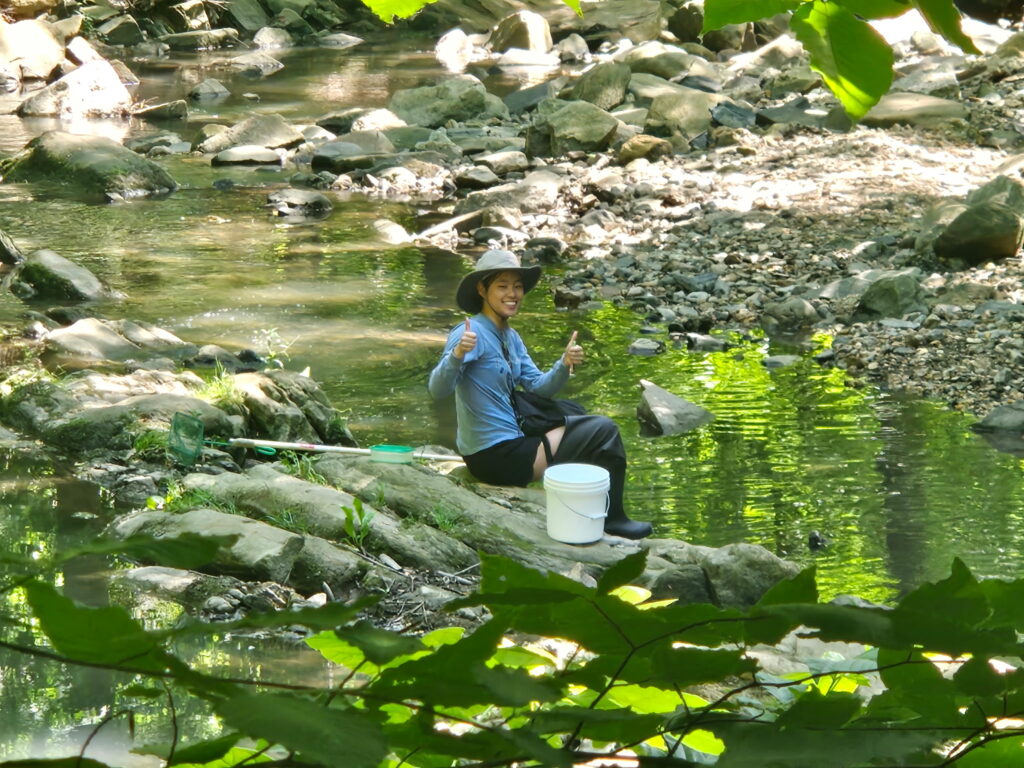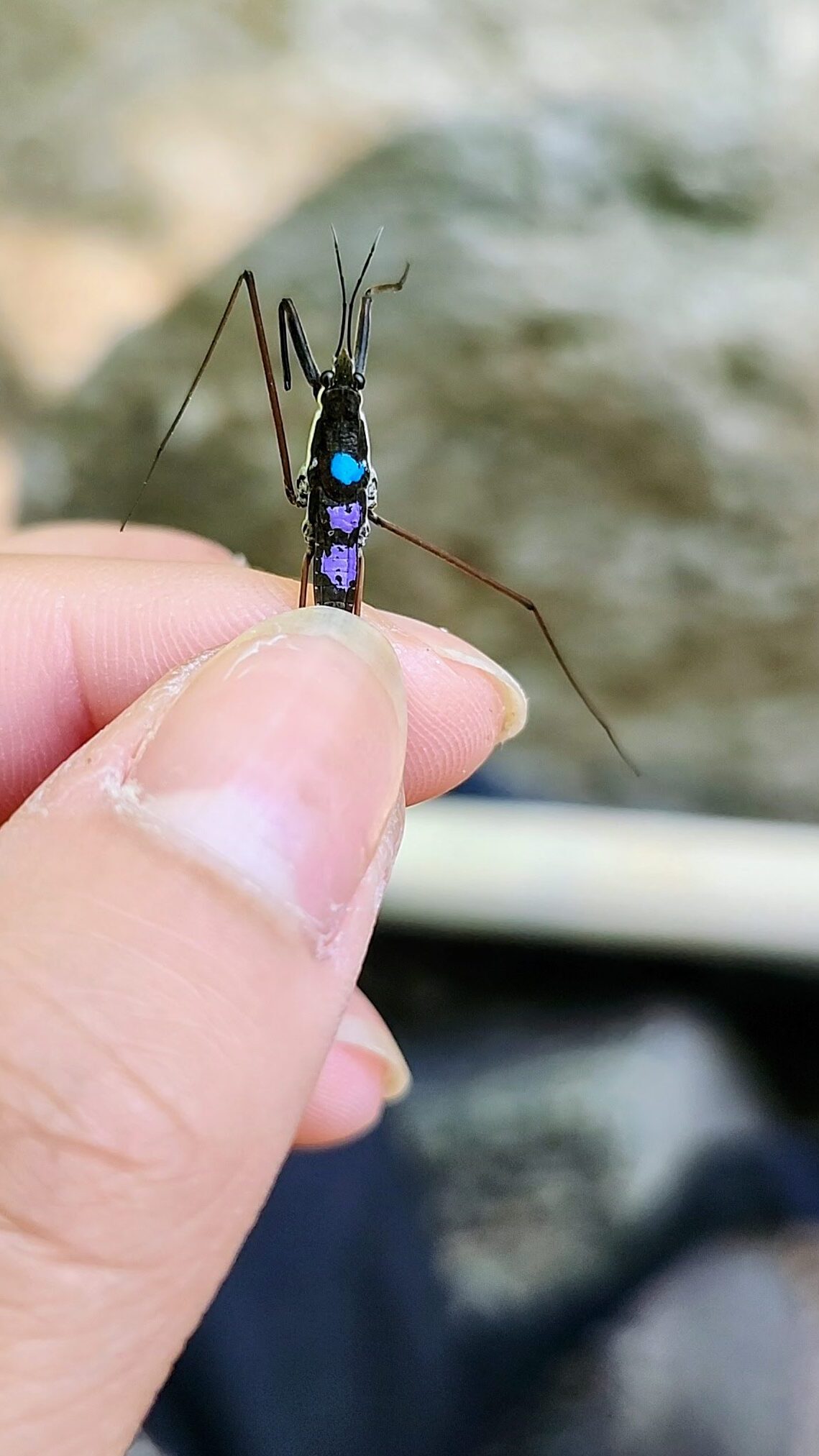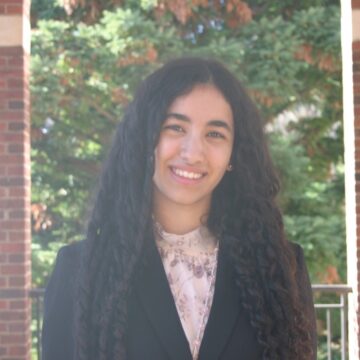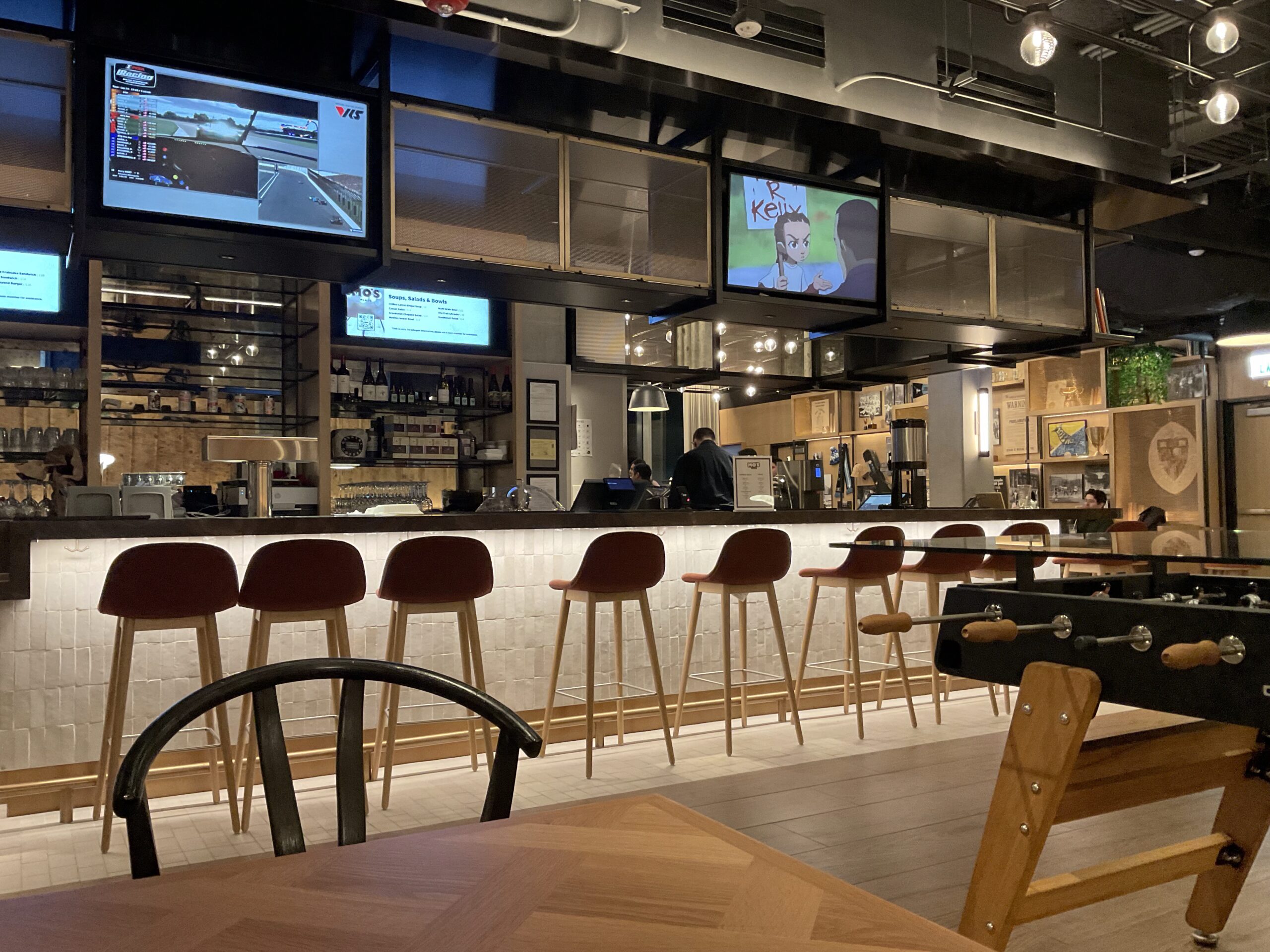
Behavioral Biology was what first drew me to Hopkins. I was an avid biology and psychology fan, but I knew that a heavy emphasis on cells and molecular systems was not my thing. I love biology in the ecosystem, organism, and species interaction sense, but not so much the cells, organelles, and functions too small to see. So, the Behavioral Biology program at Hopkins, which merges neuroscience, biology, psychology, and animal behavior, was a perfect fit for me.
Once I was accepted, I did some more research on the program. I discovered it was modest in size, being the smallest of the many programs in the life and brain sciences department (neuroscience, psychology, cognitive science, and behavioral biology). I was initially worried about joining a small program because I thought we would lack resources and connections. However, I was surprised to find out that Behavioral Biology is a mighty program.
We have two teaching professors that are directly under the department, but each of them dedicates so much time and energy to planning events and info sessions, sending out weekly newsletters, and spending individual time with the students. In the Krieger School of Arts and Sciences, students are assigned a faculty mentor within their department once they declare a major at the end of their first year. My faculty mentor, Dr. Andrew Gallup, is incredibly open and willing to talk about anything. I’ve chatted with him about tips on scheduling, research, class, and taking behavioral biology to situations outside of the classroom. Both Dr. Gallup and Dr. Bohn, the program director, work hard with a group of involved students called the steering committee to host social and academic events throughout the year. Through events like the end-of-year BBQ, self-care night, Halloween celebration, and many more, I have been able to meet other behavioral biology students, talk to both professors outside of the classroom setting, and learn about life and brain science resources.

In addition to developing strong relationships with the faculty in the department, behavioral biology has opened my eyes to pathways I didn’t know were options for me to pursue. In high school, I was only exposed to scientific careers that involved wet lab work or medicine. As a first-year student in the program, I explored so many career paths and experiences like wildlife biology, epigenetics, and entomology. Within the first semester of my time at university, I became involved in field research, which is a side of science I didn’t know about. This summer, my Principal Investigator, also Dr. Andrew Gallup, helped me conduct a full independent project, investigating the pressures of sexual selection in a population of water striders by campus.
Another perk of being such a small major is that we have the ability to make longer, more interactive trips as a department. Students within the major are able to take a trip with other students and our faculty members to the Utila Islands in Honduras during intersession, the time between fall and spring semester. As a sophomore, I certainly have the trip written into my plan and hope to take advantage of the opportunity my senior year. But, if travel isn’t your favorite thing, our department lab—run by Dr. Bohn—is an incredibly unique lab in that we house live bats and observe their behavioral patterns.
I came into Hopkins worried about the size of my desired department, but I have since learned that such a size offers advantages and opportunities that I would not have found otherwise. I have formed closer bonds with Dr. Gallup and Dr. Bohn than I have with any other professor or faculty member, and I’ve been able to take full advantage of the tight-knit community that forms between students within the program. Behavioral Biology surprised me in ways that I did not foresee as a high school student and even a first-year college student. I am excited to continue with my time and exploration as a student of such an interdisciplinary program.





